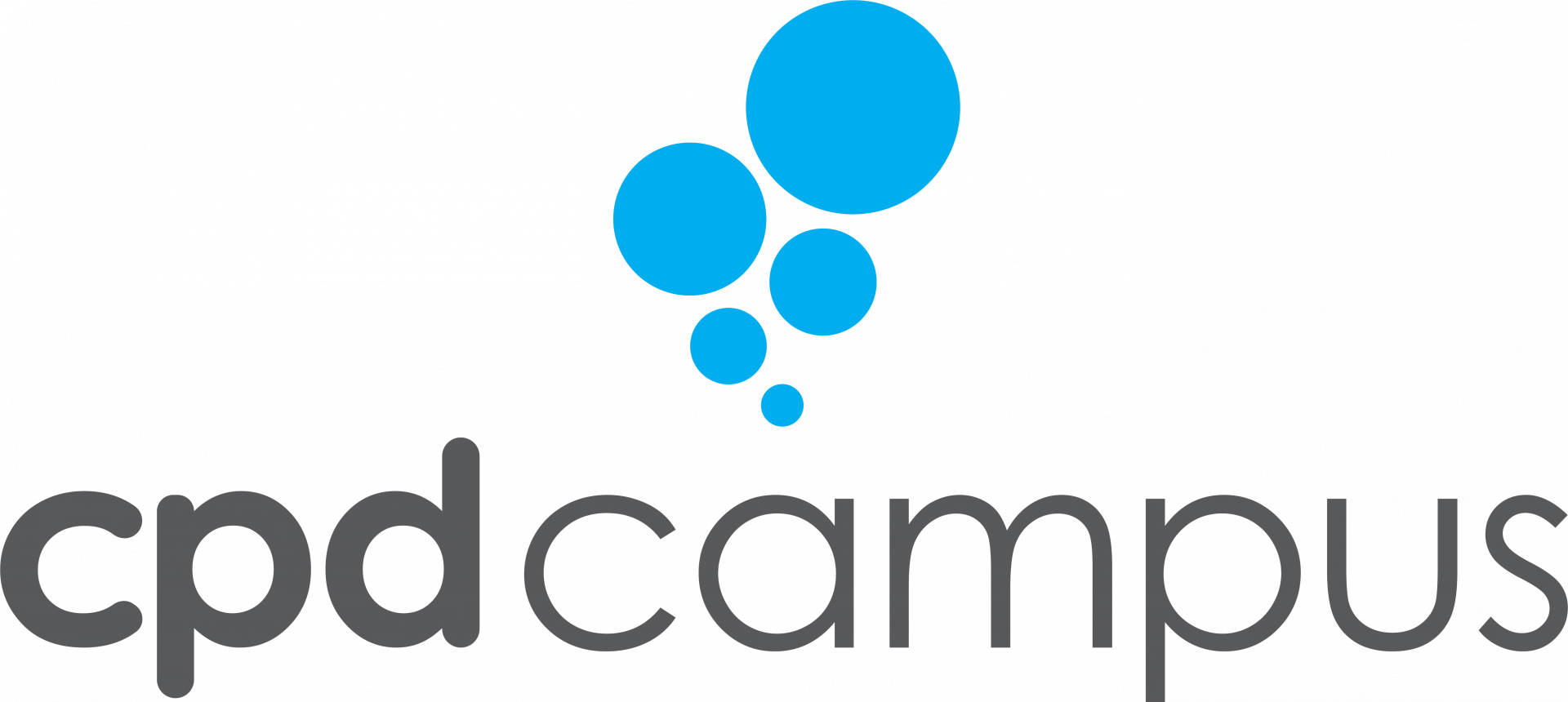A detailed discussion of the principles of IFRS 10 Consolidated Financial Statements
-
Presenter: Anton van Wyk CA(SA)
-
Level: Advanced
-
Study time: 3 hours
It is vital to understand whether one entity (the investor) exercises control over another (the investee), as the investee entity is required to be consolidated into its investor parent’s consolidated financial statements if control is present in their relationship. If you are still of the opinion that control is defined as “the ability to govern the financial and operating policy decisions of another entity”, then this is the course for you! IFRS 10 Consolidated Financial Statements has redefined the entire concept of control and has provided significant guidance on how it is to be assessed and applied. It is now imperative that the power of the investor over the investee be closely inspected, as well as its exposure to variable returns from its investment in the investee, whilst also considering its ability to impact the variable returns through the power it yields over the investee. This is an extremely exciting concept and is very enjoyable to learn.
In this course, join Anton van Wyk CA(SA) as all the important aspects of IFRS 10 Consolidated Financial Statements are closely investigated. The course also revisits the purpose of the former IAS 27, where the concept of control was formerly housed and defined, and how it now only impacts a parent company that elects to prepare separate financial statements. You are bound to learn many new concepts in this very interesting short course about control, consolidated, and separate financial statements. By completing this course, you will be developing the following professional competencies:
Main competency grouping: Professional values and
attitudes
Sub-competency grouping: Lifelong learning
Specific competency: Inquisitiveness
Main competency grouping: Enabling and future competencies
Sub-competency grouping: Business acumen
Specific competency: Business internal environment
Sub-competency grouping: Decision-making acumen
Specific competency: Critical thinking
Specific competency: Judgement
Specific competency: Problem-solving
Main competency grouping: Technical competencies
Sub-competency grouping: Stewardship of capitals: Business process and risk management
Specific competency: New developments and protocols knowledge
Specific competency: Reporting fundamentals
Sub-competency grouping: Decision-making to increase, decrease or transform capitals
Specific competency: Drawing conclusions
Sub-competency grouping: Reporting on value creation
Specific competency: Providing advice
What's included?
-
1 On-demand short course
-
Slides
-
1 Certificate

